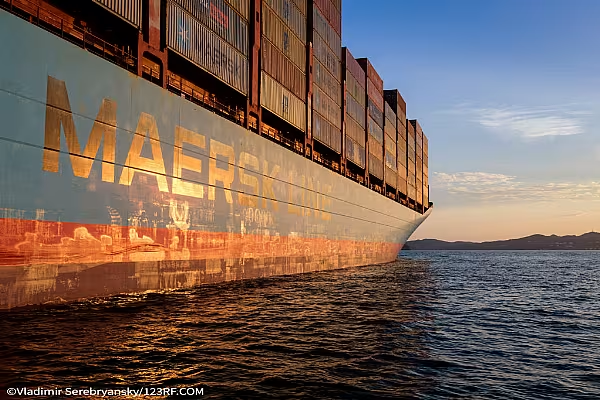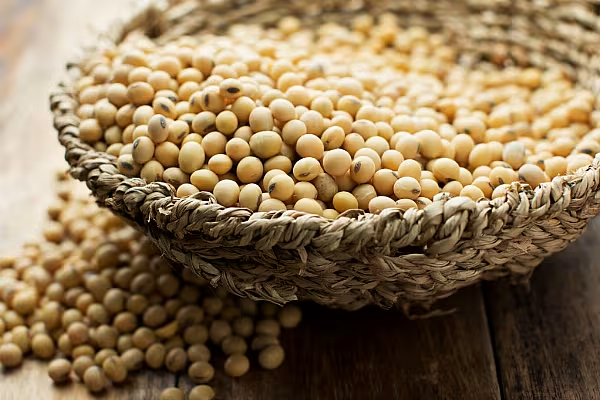Food company Danone has announced that it plans to reduce methane emissions by 30% from its fresh milk supply chain by 2030, with 2020 as the baseline year.
It expects to eliminate 1.2 million tonnes of carbon dioxide equivalent of methane emissions by this deadline.
The new target builds on the progress Danone has made in recent years, including reducing methane emissions by approximately 14% between 2018 to 2020.
Danone chief executive, Antoine de Saint-Affrique said, "Our ambitious plan to reduce methane emissions – in line with Global Methane Pledges from 150 countries – is a commitment to build regenerative dairy.
"This step change requires a collective effort. Working with farmers, partners and governments, we have the power and duty to build farming models that benefit the climate and society, taking a step forward to tackling global warming together."
Methane Emissions
Danone noted, citing the IPCC, that a reduction in methane emissions will have immediate benefits for the climate that reductions in carbon dioxide cannot achieve on their own.
Dairy production from cattle accounts for an estimated 8% of total human-caused methane emissions.
Danone's efforts will focus on working with farmers to implement regenerative dairy practices and develop innovative solutions and collaborate and partner with peers, governments and the Environmental Defense Fund to scale innovation, reporting and advance financing models.
It will also advocate and engage with governments to improve methane policies, data and reporting and funding for research, and support farmers transitioning to regenerative dairy practices.
Danone claims to be first food company to set a methane reduction target and align with the ambition of the Global Methane Pledge launched at COP26.
The company added it would report on its methane emissions, as part of its extra financial disclosure.
'Climate Change'
Fred Krupp, president of EDF, commented, “Cutting methane emissions is one of the fastest and most effective ways to slow climate change. The dairy sector can play an important role in driving these reductions while boosting farmer livelihoods and increasing food security and nutrition.
“Danone is the first food company raising this type of ambition, but it can’t be the last. This is the decisive decade for climate action. We invite other food companies, farmers and policymakers to join us on a path toward 2030 climate results."
Earlier this month, some environmental groups took legal action against Danone over its plastic use, accusing it of failing to sufficiently account for all the plastic used along its production cycles.
© 2023 European Supermarket Magazine – your source for the latest A-Brands news. Article by Dayeeta Das. Click subscribe to sign up to ESM: European Supermarket Magazine.














